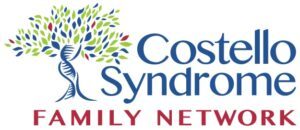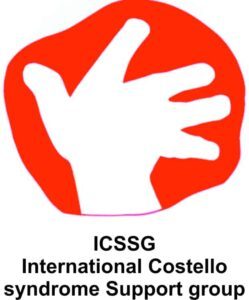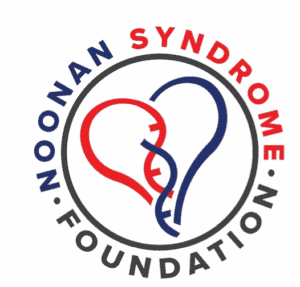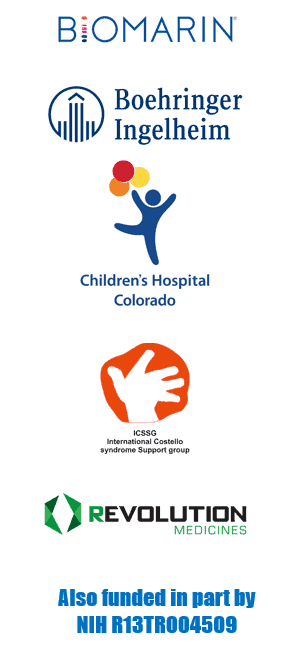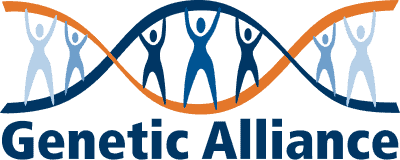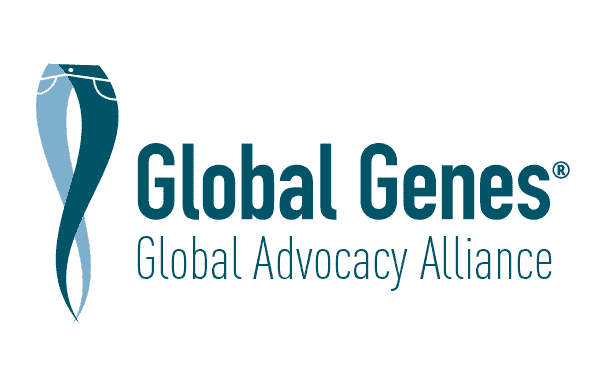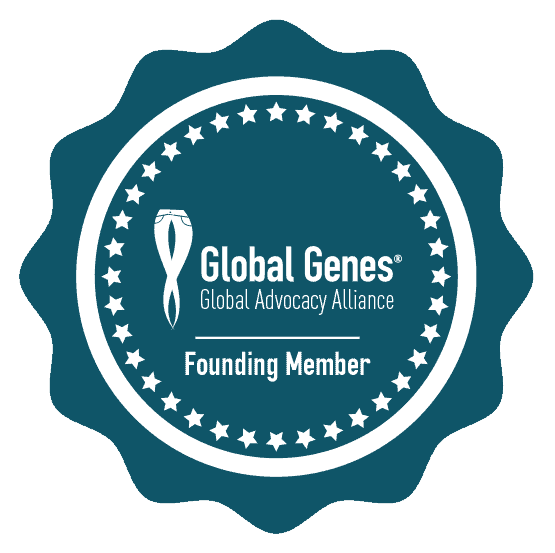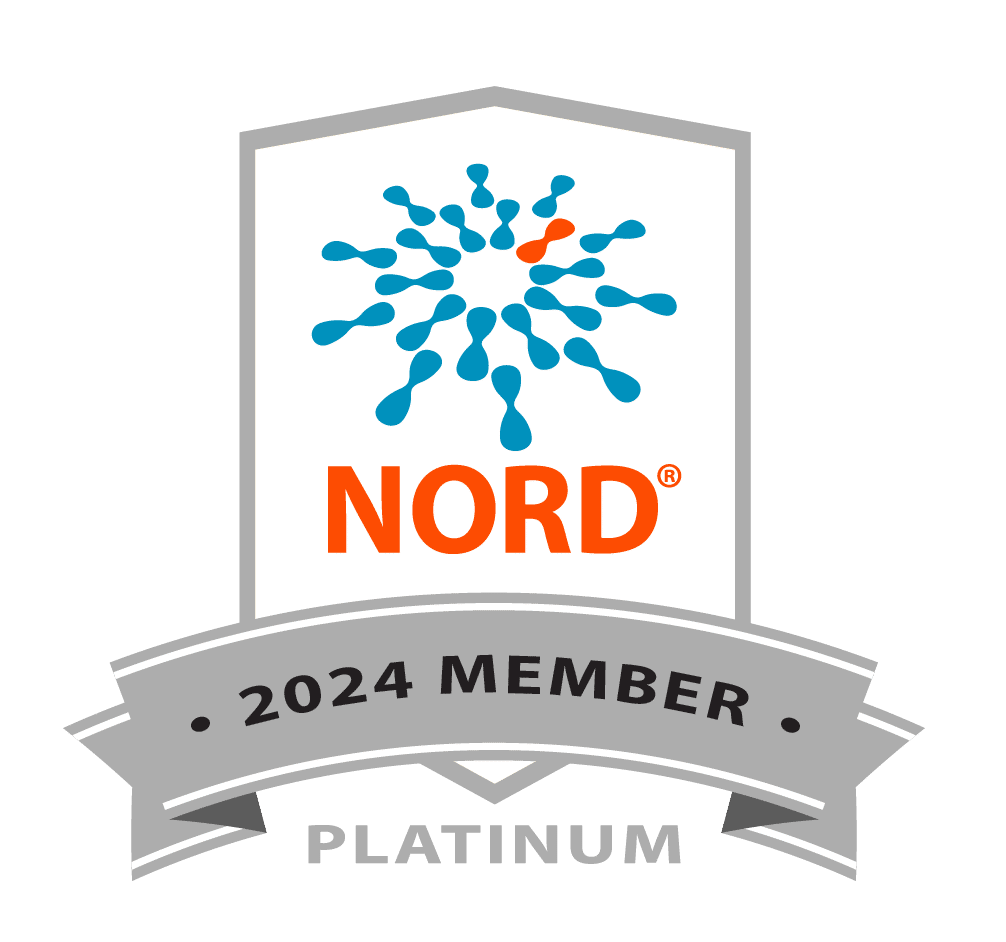8th International RASopathies Symposium:
Expanding Research and Care Practice
through Global Collaboration and Advocacy
July 21-23, 2023
In-Person and Virtual Meeting
Denver Marriott Tech Center, Denver, Colorado
Chairs
Gregor Andelfinger, MD, PhD, CHU-Sainte Justine, Montreal, Canada
Anton Bennett, PhD, Yale University, New Haven, CT, USA
Rene Pierpont, PhD, University of Minnesota, Minneapolis, MN, USA
Organizers
Lisa Schoyer, MFA, Principal Investigator
Beth Stronach, PhD, Co-Investigator
Updated Program HERE
Symposium Recordings: NOTE TO REGISTRANTS: Your registration provides you access to the recordings, which will be available to February 2024. Please contact us at info@rasopathiesnet.org if you need the link re-sent to you.
If you are not a registrant and would like access, click HERE to register.
Dysregulation of cellular RAS-RAF-MEK-ERK signaling is not only responsible for a third of all human cancers; it underlies a large group of human genetic syndromes collectively termed RASopathies.
RASopathies include neurofibromatosis type 1 (NF1), Noonan and Noonan-like syndromes (NS, NSML, NS-LAH), Costello (CS) and cardio-facio-cutaneous (CFCS) syndromes, among others. They share a pathogenic mechanism of elevated RAS/ERK signaling and overlapping clinical features. While individually rare, together RASopathies comprise one of the largest groups of congenital disorders worldwide estimated to affect ~1:1000- 1:2500 individuals.
These syndromes are characterized by distinct facial features, short stature, predisposition to cancer, and variable defects in nearly all the major body systems reflecting widespread requirements for proper RAS signaling throughout fetal and postnatal development. RASopathies fall along a spectrum. For some, having a RASopathy may impart a profound impact on quality of life, requiring mobilization of considerable resources for ongoing medical care. Affected families and patient advocates are real-world experts who have been transformed by these conditions.
The RASopathies Network’s patient/family advocate-driven model gathers diverse stakeholders to discuss cutting edge science, current gaps in knowledge, and future milestones, toward improving health and bringing treatments to people with RASopathies. We distinguish this symposium from others by being highly multidisciplinary, science-focused and inclusive of advocates and families, while being distinct from meetings that convene to discuss oncology or RAS-targeted drug discovery.
The hybrid in-person-and-virtual format is designed to encourage the greatest participation of clinicians, researchers, genetic counselors, trainees, biopharma representatives, advocates, and affected RASopathy families from the international community. The proposed agenda highlights (i) new research results and case findings, (ii) diagnostic and clinical best practices, (iii) progress in preclinical and therapeutic pipelines, (iv) global collaborations and diverse patient cohorts in anticipation of interventional trials, and (v) experiences of living with a RASopathy and self-advocacy. The symposium is expected to provide unique access to affected families, as well as an opportunity for affected individuals to directly interact with researchers who are working on their respective conditions.
Specific Objectives for this Conference:
- Hear from people with RASopathies about the experience of daily living and encourage researchers to focus on their needs.
- Raise awareness of patient advocacy groups that support RASopathy syndromes around the world.
- Stimulate dialogue among clinicians who care for individuals, scientists who study this pathway, and advocates who wish to introduce issues and advance research.
- Spotlight early-stage investigators in each session and provide time for them to participate in meet-ups with families and receive mentoring from veteran RASopathies researchers.
- Actively encourage trainees from diverse backgrounds to represent their labs by submitting posters.
- Learn how to navigate building effective collaborations and larger cohorts, which is especially relevant for rare RASopathies.
- Feature updates on projects funded by RASopathies Network Research Pilot Grants.
- Discuss emerging research themes that provide insight into complex RASopathies indications.
- Understand the (side)effects of MEKi treatment in NF1 and other RASopathies.
- Engage pharmaceutical companies to develop targeted trials for RASopathies therapy.
- Disseminate insights gleaned from the meeting to scientific and advocacy communities.
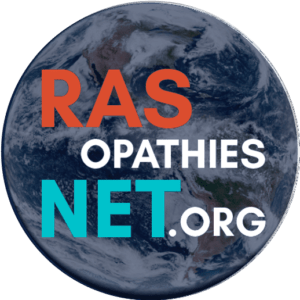
Heartfelt Thanks to Our Partner Family Organizations: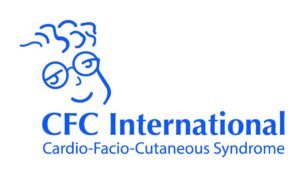
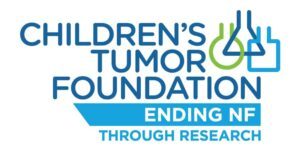

CODE OF CONDUCT:
We value your attendance and want to make your experience positive and productive through an open exchange of ideas in a professional setting. By registering for this event, you are agreeing to our code of conduct.
The RASopathies Network adopts the National Institutes of Health’s code of conduct in that RASopathies Network does not sponsor or endorse the information shared or presented in the virtual environment, including any products or services. Any information presented during this event should not be recorded or published without the explicit written permission of the content owner.
This in-person and virtual event is dedicated to providing a pleasant experience for all attendees, regardless of gender, age, sexual orientation, disability, physical appearance, race, or religion (or lack thereof). We, the meeting organizers, will not tolerate the harassment of attendees in any form. Inappropriate language and imagery will not be accepted in any virtual event spaces. Any attendees violating these rules may be sanctioned or expelled from the virtual event at the discretion of the meeting organizers.
- In order to attend this virtual conference, you must have registered online via the RASopathies Symposium webpage here: https://rasopathiesnet.org/2023-symposium-registration/
- Presentations are available in listen and view mode only. The chat box is available to you for questions or comments.
- If the presenters permit, the session will be recorded.
- Unacceptable behaviors may result in immediate removal from the meeting. Unacceptable behaviors include, and are not limited to:
-
- Harmful or prejudicial verbal or written comments or visual images
- Harassment, intimidation, or discrimination in any form
- Disruption of presentations during sessions
- Recording of sessions without permission
- Distribution of promotion materials, special offers, or any for-profit product announcements


